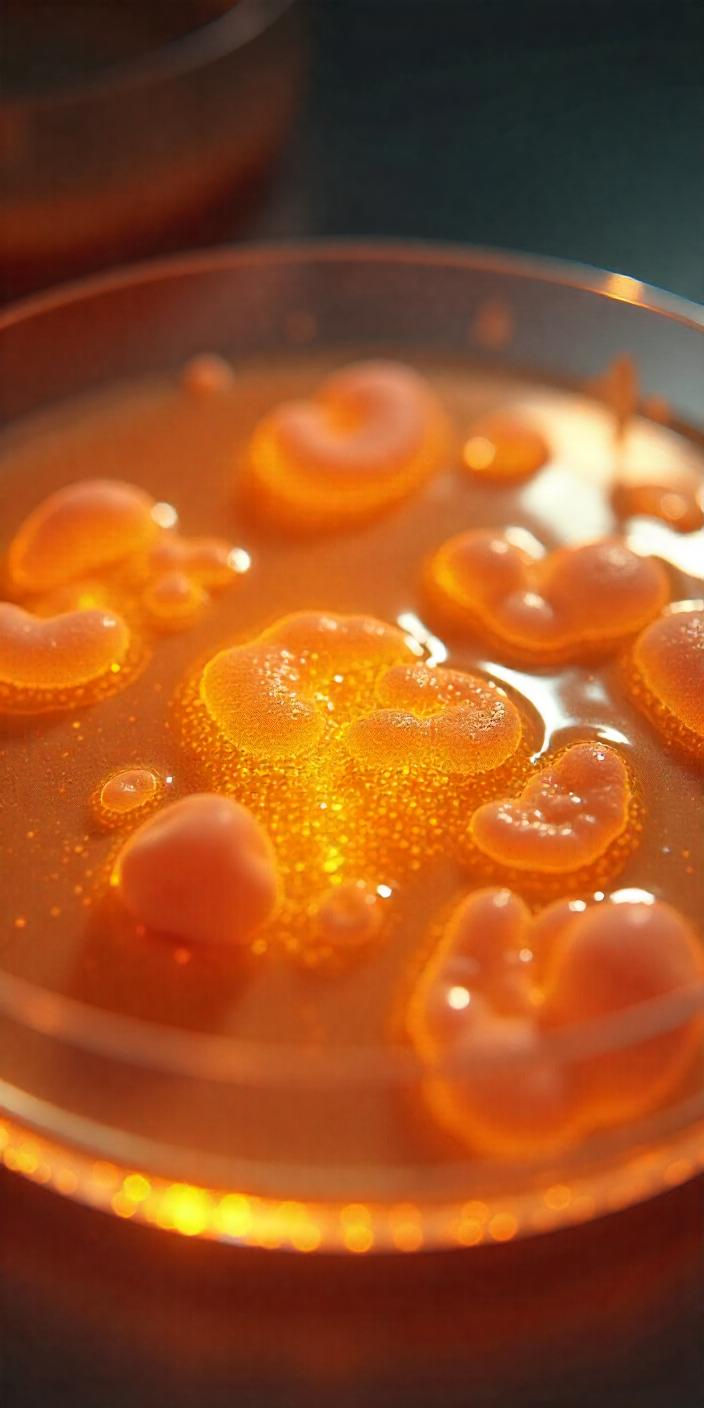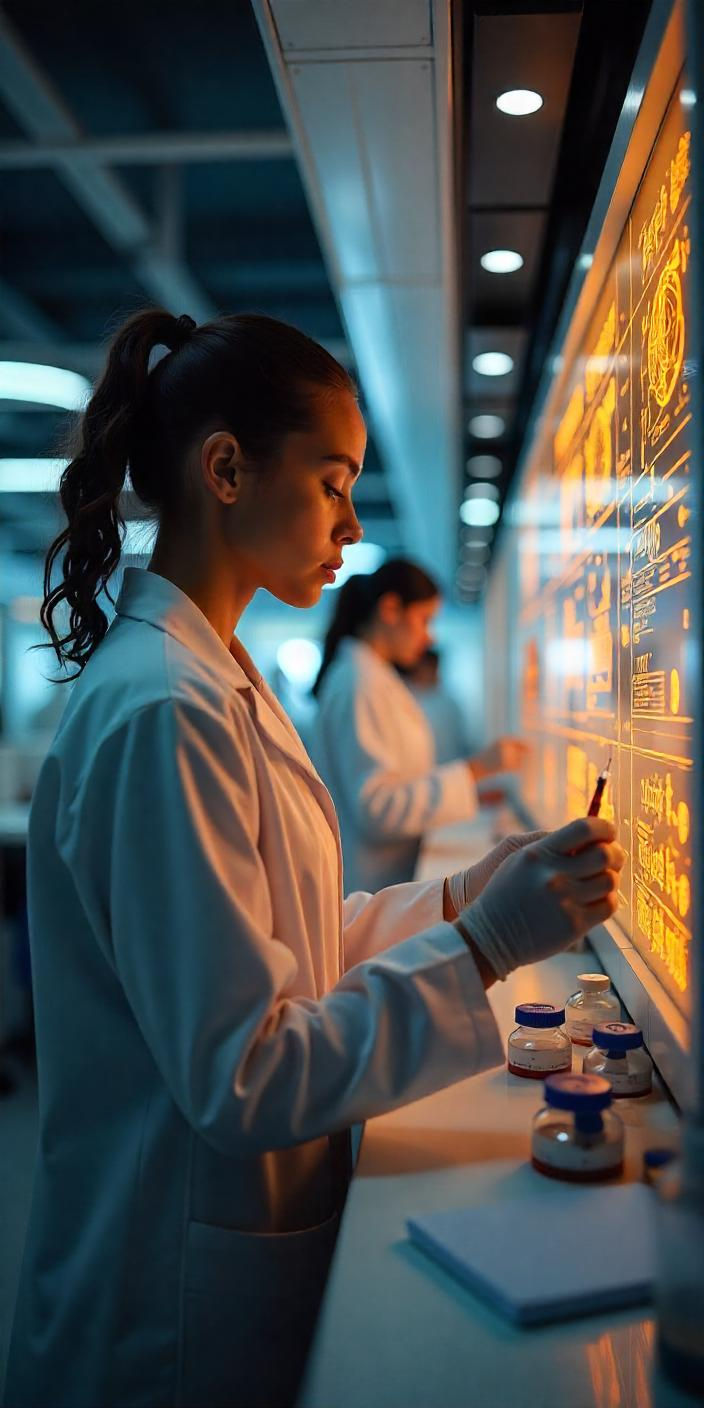Synthetic Biology’s Big Bet – Bacteria That Eat Plastic
- drshriramsakisnu
- Mar 22, 2025
- 2 min read
Introduction
Plastic pollution is choking our planet—over 400 million tons pile up yearly, and most never degrades. But what if tiny bacteria could munch it away? In 2025, synthetic biology is stepping up with a wild idea: engineered microbes that devour plastic like it’s a buffet. This isn’t just cool science—it could be our ticket to a cleaner Earth.
Body
Synthetic biology is all about redesigning life for a purpose. Scientists tweak DNA to give organisms new skills, and lately, they’ve set their sights on plastic-eating bacteria. In March 2025, a breakthrough hit the headlines: a lab in Europe unveiled a strain of bacteria that breaks down PET plastic (think water bottles) into harmless bits in weeks, not centuries. They did it by stitching together genes from two natural plastic-munchers, then turbocharging them with CRISPR to boost efficiency.
Here’s how it works: these microbes secrete enzymes that chop plastic into tiny fragments, which they then digest for energy. In trials, a small vat of these bugs cleared 80% of a plastic sample in under a month—far faster than nature’s pace. The potential? Landfills could shrink, oceans could breathe easier, and industries might recycle plastic biologically instead of chemically. It’s a win for sustainability, especially as governments push for greener solutions.
But there’s a catch. Releasing engineered bacteria into the wild raises red flags—could they mutate or disrupt ecosystems? Scaling up from lab vats to real-world dumps is another hurdle, and funding’s tight. Still, the team’s already eyeing polystyrene (Styrofoam) as their next target, and early results look promising.
Conclusion
These plastic-gobbling bacteria are a glimpse of synthetic biology’s power to solve big problems. A world with less waste feels within reach, but it’ll take careful steps to get there. Could our trash one day fuel a microbial feast? The planet’s rooting for it.




Comments